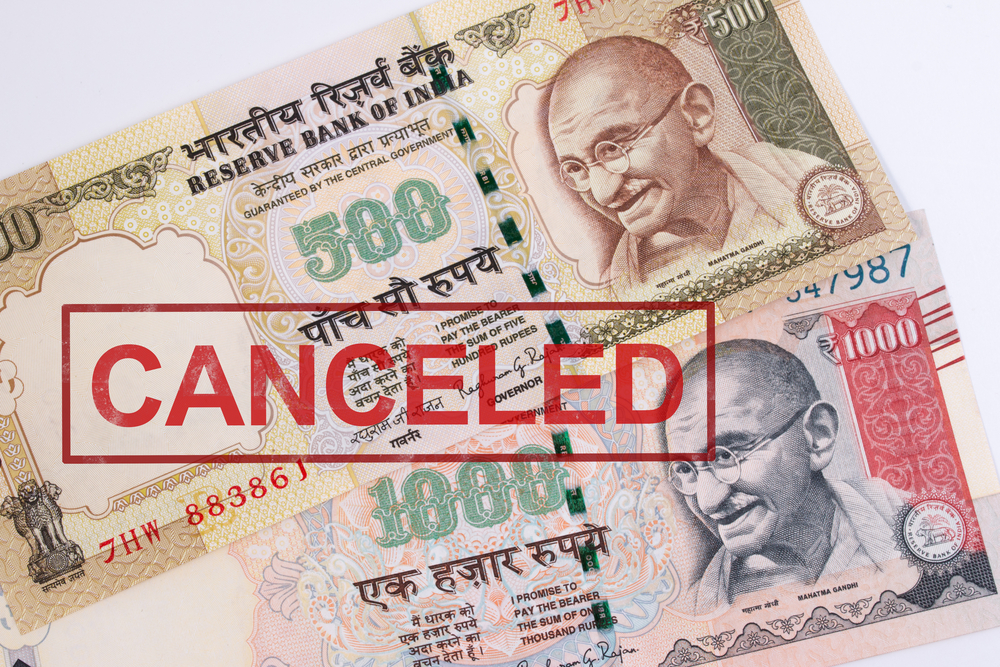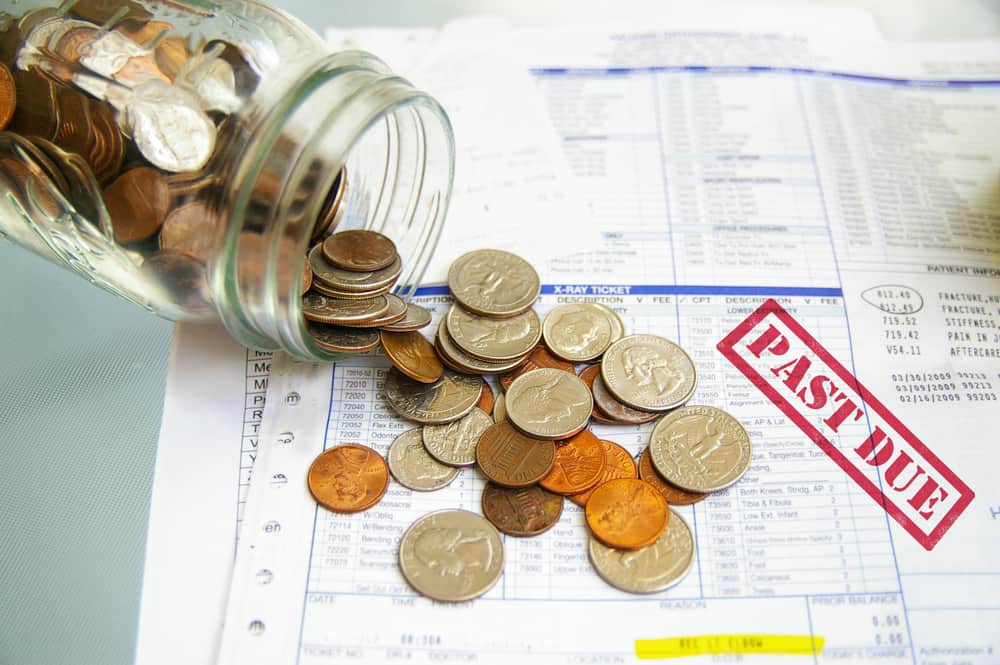Coffee is life.
Well, it certainly feels like it some days as I stumble out of bed, checking the emails that hit my inbox overnight while also skimming my to-do list and meeting schedule for the day. That first blast of caffeine-laced heat gets the wheels turning in my brain, and I’m ready to tackle the day.
At least once a week, I grab a co-worker, and we wander over to a local coffee shop, giving us an opportunity to chat about goals for the day as well as stretch our legs.
As I’m leaving the office, it’s not my wallet I grab but my smartphone.
With one app and a wave of my phone, my large latte with an extra shot of espresso is paid for without ever needing to handle cash. The fee is automatically deducted from my account, and I’m on my way back to the office for my first meeting of the day.
In America, I’m not alone in my preference for electronic means of payment over actually handling cash, but this drift away from physical cash is going to spell trouble for consumers…
The Slow Death of Cash
While it might be rare for me to actually have cash on hand, physical bills and coins aren’t extinct around the globe yet … but they’re getting there.
The Swiss continue to cling tight to their love of cash. The Bank of International Settlements reported that in 2015, the value of bank notes and coins in circulation per Swiss inhabitant was $9,214 — more than double the $4,433 per U.S. inhabitant.
But even the Swiss are seeing a slowing in use of cash, as the percentage of purchases made with cash has dropped from 90% in 1990 to about 60% in 2015.
Of course, the Swiss are still coming in ahead of Americans. The Federal Reserve Bank of San Francisco reported that in 2015, only 32% of consumer transactions were made with cash, compared to 40% in 2012. Furthermore, a recent Gallup poll showed that only 24% of Americans said that they used cash in all or most of their purchases.
As Ted showed recently, only about 4% of total U.S. money supply in existence is in actual physical currency while the rest is virtual currency. We’ve found easier ways to make purchases, through any number of applications on our phones or just through swiping a credit card or debit card.
But with every wave of the phone or swipe of the card, we’re giving away valuable bits of information about ourselves.
Cash Equals Privacy
The movement away from cash hasn’t just been about ease and convenience. Cash has been demonized over the past several decades, because the use of cash makes you harder to track. And obviously only criminals want to keep their activities private from the government, hackers, marketers and just about anyone else who’s determined to invade your privacy.
In fact, anyone accepting a cash payment over $10,000 must file a form with the Internal Revenue Service, identifying who made the purchase.
In contrast, Switzerland has instituted a limit of 100,000 Swiss francs — or about $97,700 — for cash deals. Anything above and a Swiss retailer must confirm customers’ identities and report suspicious transactions.
Be Wary of Bank Holidays
There lies a danger in keeping your wealth in digital or virtual currency. What happens if the government decides to declare a “bank holiday” that locks down all your cash kept in banks?
We’ve seen it happen before. It was only two years ago that Greece shut down its banks as it hovered on the edge of financial collapse. The government forced its banks to limit how much people could withdraw of their money each day.
And then we have the cautionary tale of Cyprus, which in 2013 instituted a mandatory “bail-in” where the government confiscated 6.75% of accounts under €100,000 and 9.9% for accounts larger than €100,000.
Within the United States, the federal government has accumulated nearly $20 trillion in debt, and Trump has promised to spend another $1 trillion on infrastructure — and I’m sure that won’t be the end of the spending. The American consumer has tallied up another $12 trillion in debt. And then we have the Federal Reserve determined to continue its march higher with interest rates this year, which in turn increases interest rates on this mountain of debt.
Your savings could look very tempting to the government…
That’s why it’s critical for you to take steps now to have cash on hand, preferably tucked in a safe in your home.
Furthermore, you can also have some of your wealth safely stored offshore. In fact, Ted Bauman will be releasing the newest issue of The Bauman Letter next week, where he will be examining key changes that could be coming to several key offshore financial centers.
Regards,

Jocelynn Smith
Sr. Managing Editor, Sovereign Investor Daily




